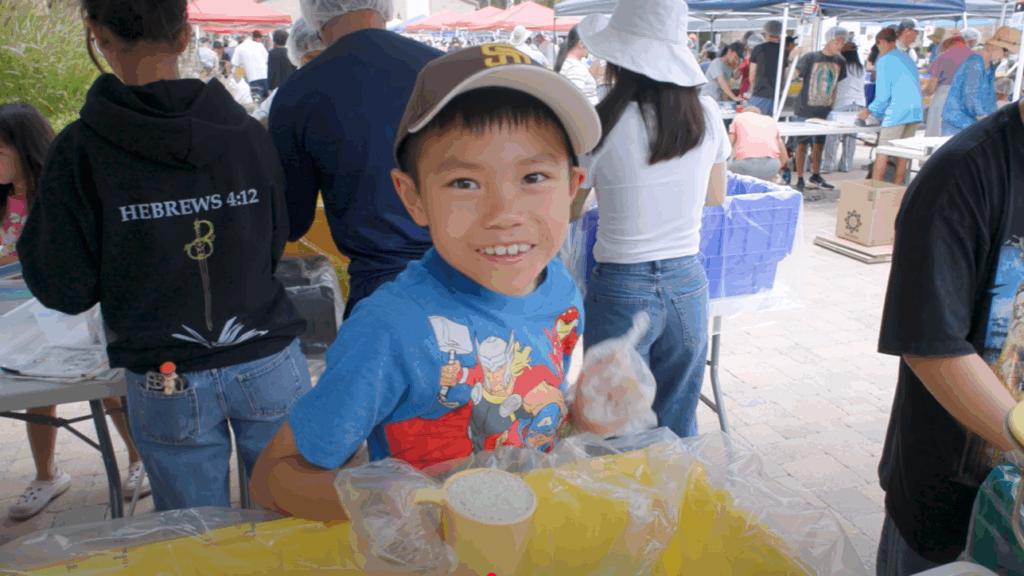
Feeding families, body and soul: Food, nutrition programs help fill gap

Last year, the Catholic Charities (CC) network of agencies provided more than 44 million meals to 12 million people across the country, adding 450 new food distribution sites to meet the problem of food insecurity, which has been exacerbated by the pandemic and, more recently, inflation. With grocery prices in early 2022 up 6.3% over the previous year, average rents up 13.5%, and 20% of Americans struggling to pay their energy bills, families’ needs for supplemental food are great.
Food assistance, in its many forms, is the single largest service provided by the CC network and is often the entry point for people in need of other services — CC staff frequently identify additional needs when working with individuals and families seeking groceries. Catholic Charities of Corpus Christi, for instance, operates six food pantries, including walk-up pantries that provide bags of groceries and a client choice pantry at which clients do their own shopping.
Without the pantry, I would have nothing to eat.
One of the agency’s pantries in Flour Bluff also prepares meals each weekend for students who are either living in hotels or motels or are homeless, a program that is now serving more than 60 children, elementary to high school age. “If I couldn’t come to your pantry,” said another, “I would have to [forgo] paying a utility bill or rent.” St. Vincent’s Food Pantry of Catholic Charities of Northern Nevada is the largest food distribution pantry in the state, serving about 30,000 people per month. The agency also distributes food and services through 38 partner pantries — including its first client choice pantry — that serve about 3,000 families per month in an 11-county region.
Before the pandemic, the agency had 22 partner pantries, but the need has grown exponentially, as have shipping costs, said Carlos Carrillo, CC Northern Nevada food pantry program director. As freight costs doubled and then tripled, the agency decided to try a new tack. Now it gets fresh bread, tortillas, milk and cheese three times each week from area vendors, reducing storage needs, pumping money into the local economy and helping small businesses stay afloat during the pandemic. It has been “a game changer,” said Carlos. “A win-win.”








